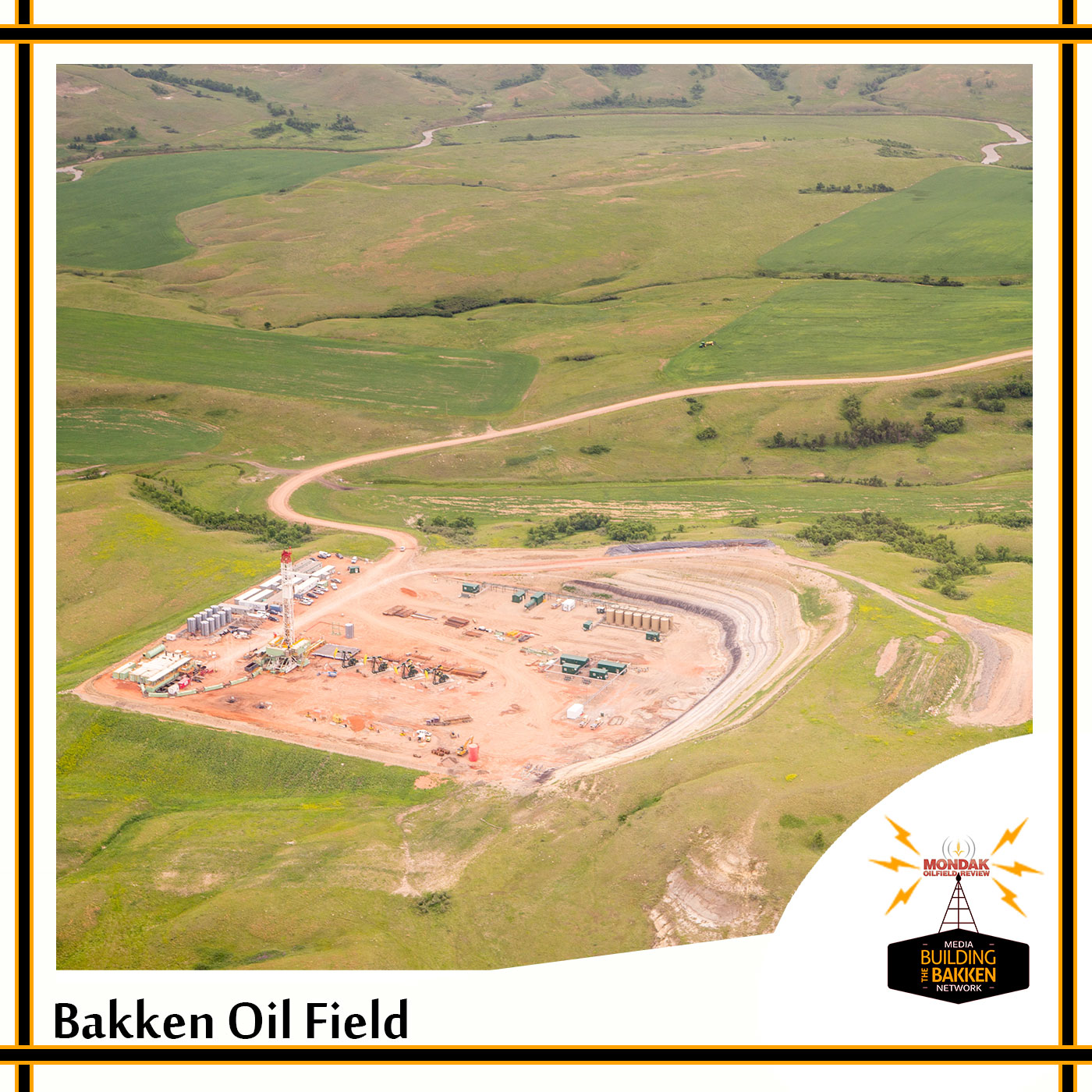

As John Springsteen travels the country, he is often asked if he is related to Bruce Springsteen. Springsteen still gets a chuckle of out it and sometimes he will even play along for a bit. But eventually the truth comes out he is not related to the rock and roll icon, rather is a simulation expert. Although like Bruce, John Springsteen is from New Jersey too.
John Springsteen, however, works with Simtronics and recently was in the Bakken on business. I had an opportunity to catch up with the computer guru to find out what is new in his industry in relation to oil and gas.
“We have been helping train operators in plants and we are also used by colleges like Bismarck State which has our simulators, to train our students to get jobs in these plants,” Springsteen said.
Simtronics is a developer of innovative OTS (Operator Training Simulator) software for the process industries and the educational institutions which support them. According to Springsteen and Simtronics website, their DSS-100 suite of real-time process models a cost-effective, intuitive, high-fidelity solution where trainees experience meaningful real-world scenarios.
“We are in oil and gas, upstream and downstream midstream and power. Pulp and paper,” Springsteen said. “Also green energy and ethanol, biomass fermentation and all that stuff.”
Simtronics does business all over the globe despite being a small company with Springsteen working remotely.
“Simtronics is a small company based in Houston that has been doing process simulation for 25 years,” Springsteen said. “Most of our work has been for big companies like Honeywell, APB and companies like that.”
According to Springsteen, one of the driving reasons why large companies like simulators is because they can give options and solutions to problems before they happen.
“The big thing about a simulator, whether it is a generic simulator or a custom simulator is that you can do things that you can not do in the actual plant or field,” Springsteen said. “You can not create situations where you kill people or hurt people but you can do that in a simulator.”
The wired world and new innovation has created more precision in energy and time for the average employee. That new time is being seen in all forms of oil and gas.
“These days when most of the plants are running on advanced control they are just having hours and hours of boredom and moments of terror,” Springsteen said. “So we are training them on what to do in moments of terror. Be prepared for it, know what to do. How to react and how to diagnose it before it happens.”
When asked about other industries like value added agriculture, Springsteen said the pharmaceutical industry is a heavy user of simulation processes.
“It’s always more difficult to simulate batch processes. But now the technology is advanced to the point where all the majors like Pfizer and and other majors pharmaceutical companies use simulators to train their manufacturing facility operators.”
Dealing with terrorist attacks, virus outbreaks and other sensitive simulations, one would imagine the simulation process would be very customized to the customer. Springsteen said that wasn’t necessarily true.
“We have a generic library of processes which is someone else’s plant that we modeled and isn’t restricted by proprietary data. We can sell that to anyone” Springsteen said. “If you have a distillation column and a refinery 90% are the same. So you can get the generic model and still get good process training, diagnose skill deficiencies that need to be worked on.”
Springsteen said if a client wants something more advanced, or plant specific, a project can be performed in the field or get a custom simulator.
“I’ve been doing this since 1979 and it was very difficult to get people to accept simulation then, now it has been used to often. People know about flight simulators of course,” Springsteen said. “Most of the plants in North Dakota, all across the country and the world, have probably used a simulator to train their operators over the last couple of decades. So it’s accepted but training always seems to get cut back when times get tough. So it is still a hard sell sometimes.”


Leave a Reply